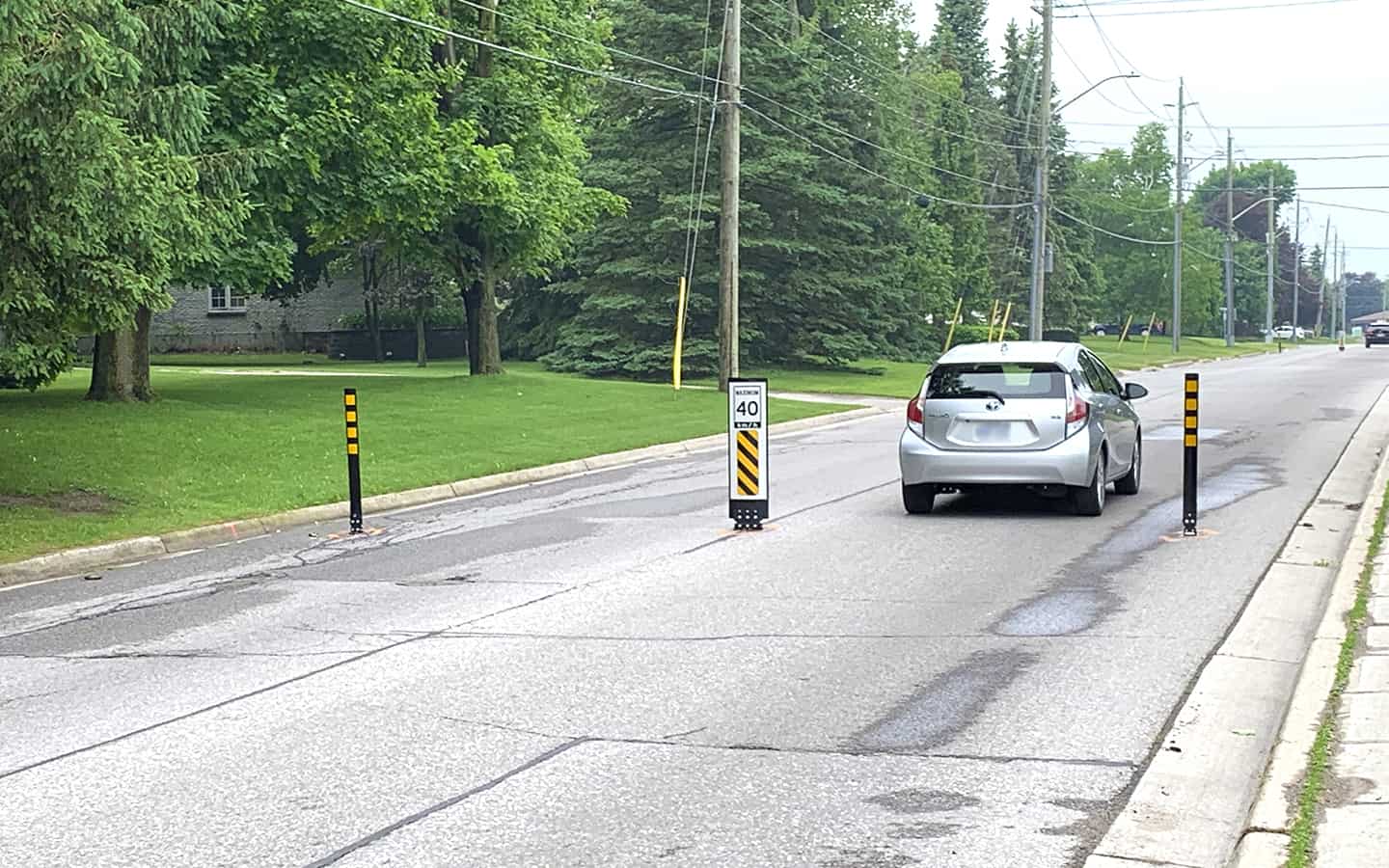Woolwich residents awoken by late-night train whistles might argue a good-night’s sleep is priceless, but council is likely to lose sleep over the cost of silence.
Longstanding complaints from residents in Breslau, Elmira and St. Jacobs, where trains sound their horns when passing over level crossings, have seen the township look into solutions on more than a few occasions. A report discussed June 16 describes a long and costly remedy.
The whistle is a safety requirement used unless the crossing meets certain standards, including the presence of flashing lights and bells, for instance. To upgrade each crossing would cost an estimated $340,000 to $515,000, and there are 11 such intersections in the township, engineering project supervisor Ryan Tucker said during an online meeting of councillors Tuesday night.
The process of halting the use of whistles takes an estimated 12 to 24 months, he added.
On top of the installation costs, which varies depending on whether automated gates are needed, the township would become responsible for maintenance of each crossing at an estimated annual cost of $8,000 apiece.
Even a Woolwich Street, Breslau location that’s been the source of many complaints about the blaring train horns, the cost of upgrading the crossing would be some $150,000 despite the fact much of the safety equipment is already in place, said Tucker.
Moreover, Woolwich would become liable for any collisions or other incidents at any of the crossings it upgrades.
“Claims arising for rail crossings due to the required whistle cessation by-law could impact the Townships claim experience and have a negative impact on the future negotiations of the Townships liability insurance premium. There is also the potential if an accident occurs that the railway may claim for loss of profit or revenue, and the loss of product which may be on the train. With these two risks combined, it may well exceed the Townships insurance coverage of $50 million,” Tucker said in his report.
Just what those insurance costs would be remains something of an unknown, he added in response to a question from Coun. Patrick Merlihan.
Councillors took no action on the report, simply accepting it for information.









